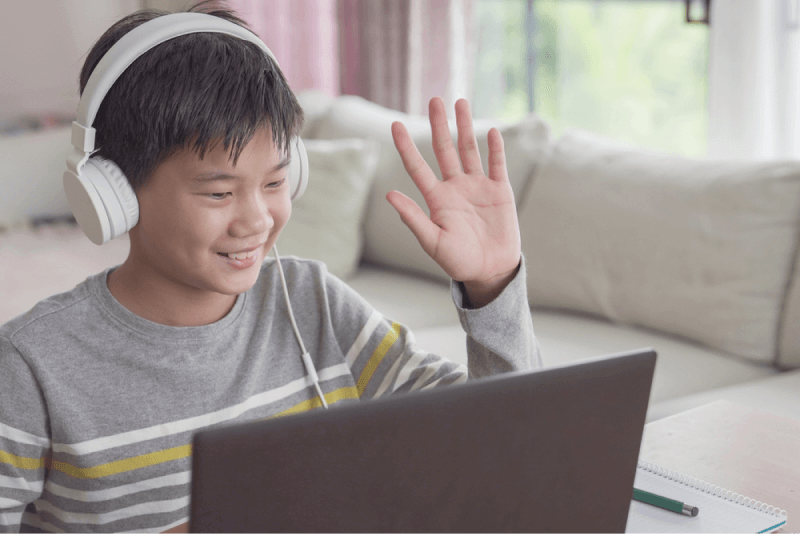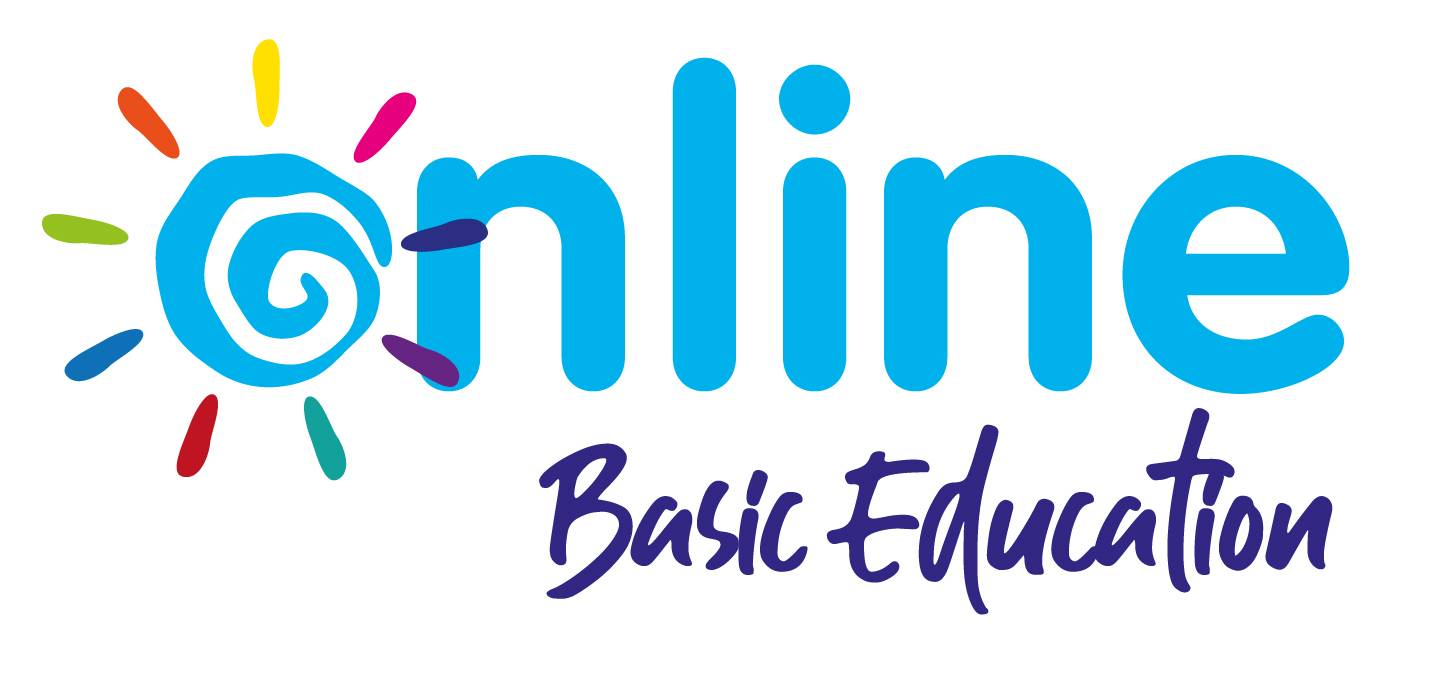In the digital age, online education has shown itself to be a transformative force, providing students with access to knowledge regardless of where they are in the world. And as more schools in the Philippines offering online education increases, the importance of nurturing social interactions through online learning plays an important role in student growth and development.
If you’re thinking of ways to improve your virtual engagements with peers, you’re in luck! In this article, we discuss the importance of social interactions in online learning and the various ways you can enhance them through digital platforms.
9 Different Ways to Promote Social Interaction with Online Students

Sociology defines “social interaction” to be the social engagement of two or more people whether it’s verbal or non-verbal. Generally, it refers to face-to-face engagements between individuals. However, with the development of modern technology, interactions can include texting, calling, or even by sending memes through social media.
With the prevalence of technology nowadays, virtual communication in online senior high schools in the Philippines can develop essential skills that can be beneficial to you moving forward. So, if you’re wondering how you can increase social interaction in online learning, these tips can help you find more ways to nurture interpersonal relationships.
1. Virtual Discussion Forums
With online learning, engaging in virtual discussions can start thoughtful conversations where you and your classmates can share insights and ask questions related to your topic. This encourages intellectual exchanges where you share different ideas and perspectives, enabling you to have a better understanding of your subject matter.
2. Collaborative Group Projects
Being assigned group projects encourages you and your classmates to work together, share responsibilities, and collaborate on a common goal. By working together, you build relationships and learn which types of personalities work best with yours.
3. Peer Review and Feedback
Engaging in peer reviews with your class encourages you to provide and receive constructive feedback on each other’s work. Its main purpose is to strengthen each of your learning processes and enhance your communication and analytical skills.
4. Live Webinars and Virtual Meetings
Joining virtual meetings or webinars allows you to interact with your instructors and classmates in real-time. These meetings can include discussions, presentations, and Q&A sessions where you can foster a sense of connection and immediacy regarding your topic at hand.
5. Social Media Groups
Creating private social media groups for each of your classes encourages a more informal platform for you to connect, share resources, and engage in casual conversations with your peers. Through social media, you can build a more natural relationship with your classmates and enjoy inside jokes, quips, and funny remarks related to your studies and shared experiences.
6. Online Study Groups
Learning remotely can be quite isolating at times especially when your projects are individual work. However, by joining online study groups with your classmates, you create a space where you can still collaborate on assignments, review materials, and discuss challenging topics.
Sometimes, all you need is a helping hand from a friend to stay productive and get you through the difficulties of school.
7. Virtual Peer Mentoring
Generally speaking, most of us are shy about asking our teachers for extra help on certain topics. The next best thing we usually do in case of confusion is to ask our classmates for help.
So, if you’re in a pinch and can’t quite understand your coursework, pairing with peers who are more familiar with your class material can help your learning. By letting a schoolmate mentor you, you can learn in a supportive environment where knowledge is shared, questions are answered, and relationships are built.
8. Interactive Quizzes and Polls
Participating in interactive quizzes and polls within your course content allows you to actively engage with the topics from your class. This technique is typically used by teachers to create a more active environment for their students.
However, as a student yourself, you can use this technique during presentations to get your classmates psyched about your discussion. It’s an effective way to get your peers to play a role in your pitch and exchange point-of-views.
9. Virtual Networking Events
Joining virtual networking events or sessions with guest speakers exposes you to professionals in your field of study. By doing so, you can create and foster connections beyond the classroom which can eventually lead to career prospects and opportunities.
Ultimately, participating in any form of discussion or social event can help you build relationships and develop your skills in social interactions. By getting out of your comfort zone and actively making an effort to engage with your classmates, you practice various skills that contribute to your overall growth and development. You may even gain a lifelong friend just by engaging in social activities!
Why is Social Interaction Important in Online Learning?
With all the ways you can interact with your schoolmates and teachers, you may be wondering “Why do I need to do this in the first place?” Well, to answer that question, here are reasons participating in social interactions is important:
Building a Sense of Belonging
As mentioned earlier, one of the challenges of online learning is that it can be isolating. Unlike traditional classrooms where you’re surrounded by peers, virtual education generally means that you study independently.
However, through social interactions, you can alleviate any feelings of isolation and create a space where you and your friends can connect, communicate, and share experiences. Doing this can build camaraderie even while you’re physically apart from your classmates.
Stimulating Critical Thinking
Meaningful interactions can trigger cognitive processes that stimulate curiosity, inquiry, and deeper understanding. By constantly participating in discussions with your classmates, you learn how to question assumptions, evaluate evidence, and refine perspectives—whether yours or your peer’s.
Promoting Self-Directed Learning
Engaging with your classmates in online discussions can encourage self-directed learning. Typically, once they share a fresh perspective on topics you may have different opinions about, the chain reaction would be for you to research, analyze, and contribute to their original insights. As a result, the whole group gains the ability to explore topics in greater depth.
Boosting Motivation and Persistence
In general, when you feel connected to a learning community, you are more likely to stay motivated and persist through the challenges of student life. By adding a social element to your academic journey, you can feel more connected to your goal and transform your personal objectives into a more collaborative one.
Expanding Cultural Awareness
One of the major benefits of online education is that it’s easily accessible to anyone regardless of where they are. And because of this, you have an opportunity to interact with schoolmates from various backgrounds and cultures.
Interacting with peers from different parts of the country (or the world) can broaden your horizons, foster cultural awareness and diversity, and promote a more worldly perspective.
Encouraging Holistic Skill Development
Beyond gaining subject-specific knowledge, engaging in social interactions can cultivate soft skills crucial for success in the 21st century. Collaborative engagements can nurture effective communication, adaptability, and empathy—essential skills needed to flourish in future careers.
Practicing Real-World Teamwork
In the professional realm, cooperation and teamwork are essential to your success. As the popular saying goes, “Nothing great is ever accomplished alone.” So, learning how to work with others is crucial to your growth.
With online learning, your interactions with fellow students simulate real-world collaborative scenarios, thus teaching you the necessary skills that can help cultivate and advance your career.
Nurturing Social Interactions in Online Education with OEd

Participating in social interactions is the heartbeat of effective online learning. As technology reshapes the educational landscape, nurturing a sense of community in virtual classrooms becomes the key to instilling academic concepts. By understanding the different ways to engage with your peers in senior high school and the importance of doing so, you can thrive educationally and personally in the digital age.
Here at OEd, we are the first institution in the Philippines to offer premium K to 12 programs purely online. With our commitment to adapting to modern times and technologies, we have developed academic systems that give students access to high-quality education wherever they may be.
Our experience as pioneers in digital learning has let us nurture and grow our educational community, providing spaces for students and teachers to interact and learn together. That way, we can ensure our students receive our educational resources equally and maximize their learning experience.
Achieve academic excellence and contact us today to learn more about our programs!







